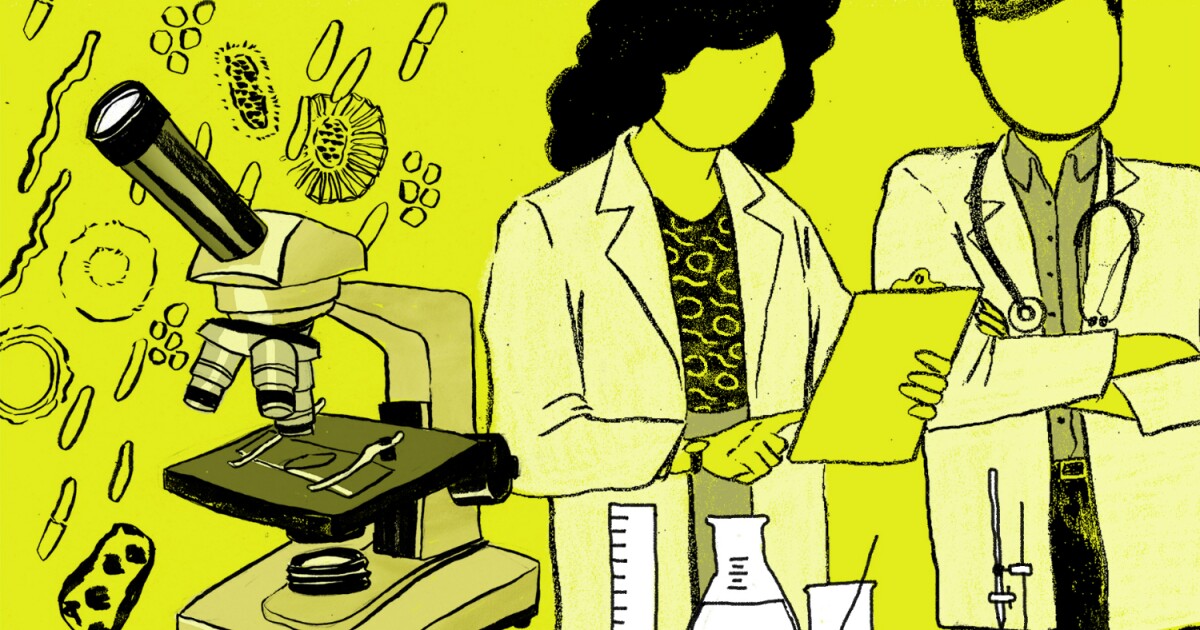Infection
MU researchers receive $1.2 million to study treatments for combat wound infections
A team of researchers from the University of Missouri is working to address a longstanding issue on the battlefield—antibiotic resistant superbugs in combat wounds.
Hongmin Sun, an associate professor of cardiovascular medicine at MU, and her team received a $1.2 million grant from the U.S. Army. Sun, who is leading the research, said many of the drug resistant infections require medical professionals to use strong antibiotics to treat them.
“Those very powerful, strong antibiotics tend to have lots of side effects that can be toxic to the patient,” Sun said.
Oftentimes the treatments lead to negative side effects like organ damage. In the U.S., nearly 3 million antimicrobial resistant infections occur each year, and roughly 35,000 people die from them according to the Centers for Disease Control and Prevention. Sun hopes their research will change those odds.
“The goal is to try to find the optimal regiment of a delivery approach, so that we can treat a wounded infection by those really bad bugs,” Sun said. “Hopefully, we can also minimize the side effects caused by the antibiotic treatment.”
Sun and her team will study different dosage regimens using micro-mist fusion technology. The portable device was initially designed to apply skin care products. Sun noticed the device had the potential to do more. The portable device allows the antibiotic to penetrate the wound without causing damage.
“You don’t need a lot of training to be able to use the device,” Sun said. “So, they can treat the wounded people on the side. And this technology can be incorporated at all levels of wound care like in a nursing home when you are treating a patient with a chronic wound.”
Once the first phase of research is finished, Sun said the goal is to get approval from the FDA for human trials. The grant lasts until August 2026.

